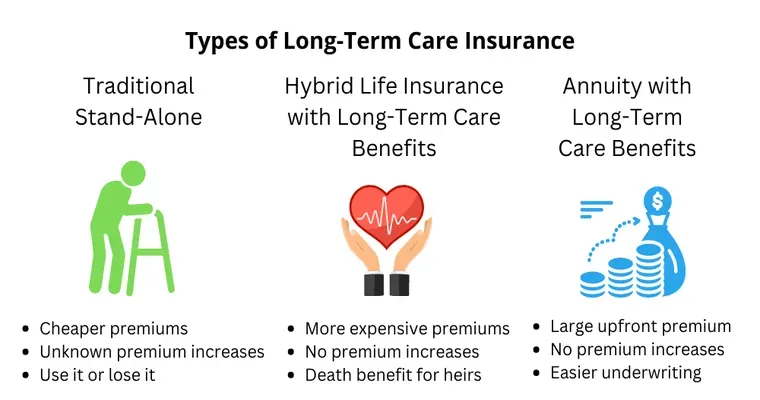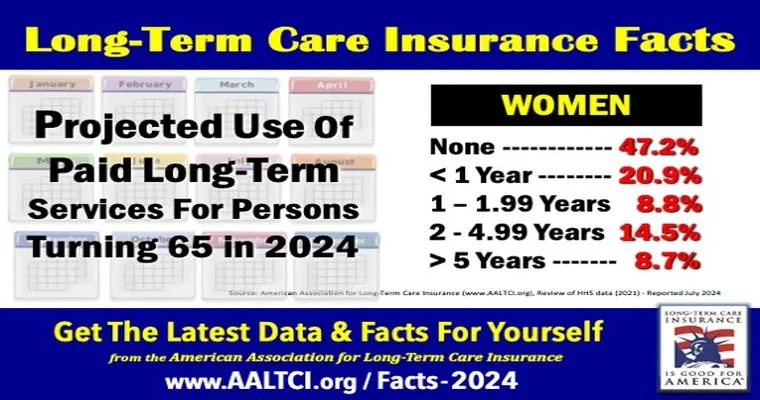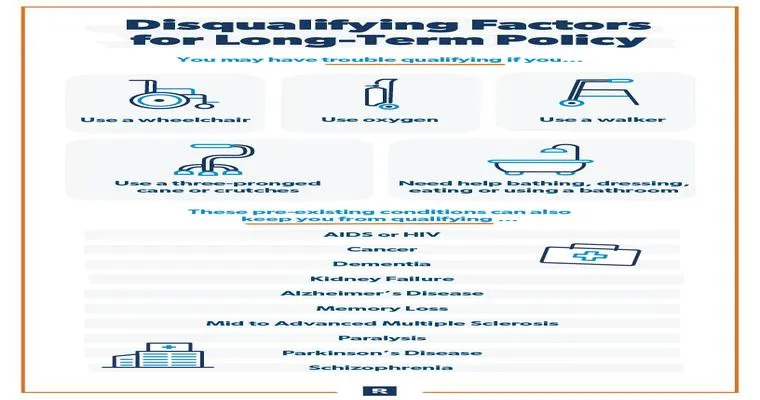
Selected reviews about elderly care communities
Selected reviews about elderly care communities offer valuable insights into the experiences of residents and their families. These reviews can highlight the strengths and weaknesses of different communities, helping you make an informed decision when choosing the right care for your loved one.

Why Seniors’ Tastes Change with Age
As people age, their taste buds become less sensitive, leading to altered flavor perceptions. Factors such as medication, health changes, and lifestyle choices also influence preferences. Additionally, memories and cultural influences shape evolving tastes, prompting seniors to seek milder flavors or nostalgic foods that evoke comfort and familiarity.

Think Twice About Nutritional Supplement Drinks for Elderly Loved Ones
Nutritional supplement drinks can offer convenience and added nutrients for elderly loved ones, but it’s essential to assess their specific dietary needs and preferences. Consulting a healthcare professional is advisable to ensure these products support overall health without replacing balanced meals or leading to unwanted side effects.

5 High-Calorie Foods Your Elder Will Enjoy
High-calorie foods can be both nutritious and enjoyable for elders. Creamy avocado spreads, rich nut butters, hearty oatmeal with added fruits, cheese-laden casseroles, and delicious smoothies packed with protein can provide essential calories while appealing to their taste buds. These options help maintain energy and support overall health.

For all of you who use your car to privately scream, sing, cry, let it out; here’s a fun story for you.
In the confines of a car, many find solace, using the space to express their deepest emotions. This lighthearted tale explores the transformative power of these private moments, where singing, crying, and shouting serve as cathartic releases, turning everyday drives into heartfelt performances and intimate confessions.

Dad gave caregiver one of his credit cards and forgot about it due to his dementia.
A father with dementia unknowingly entrusted one of his credit cards to his caregiver. As his condition progressed, he forgot about the card, leading to unintended consequences. The caregiver, navigating the complexities of trust and responsibility, faced challenges in managing the situation while ensuring the father's needs were met.

Asking for advice on narcissistic mom currently in the hospital with narc sis as the caretaker.
Navigating the complexities of a narcissistic mother in the hospital can be challenging, especially with a narcissistic sister as the caretaker. Emotions may run high, and communication might be strained. Seeking advice on how to maintain boundaries and manage stress while ensuring your mother's needs are met can provide clarity and support.

I have an 82-yr-old mother in AZ living at an independent living facility but I'm thinking she will need to transition to assisted living. Where do I start?
Start by assessing your mother's daily needs and abilities to determine the level of assistance required. Research local assisted living facilities, considering factors like location, services offered, and cost. Schedule visits to potential places, and involve your mother in the decision-making process to ensure her comfort and preferences are prioritized.

My mother will need help finding things when my father passes away, I live out of state, who should I find to help me until I get there?
When your father passes away, consider reaching out to family friends or neighbors who know your mother well and can provide immediate support. You might also look into local community services or professional caregivers who specialize in assisting seniors during difficult times. Their help can ease the transition until you arrive.

My LTC company, run by the state of California, denied my claim (even though I qualify with two activities of daily living). What can I do?
If your long-term care claim was denied by the state of California despite qualifying for assistance with two activities of daily living, consider reviewing the denial letter for specific reasons. You may appeal the decision, gather supporting documentation, or seek assistance from a legal expert or advocacy group for guidance.

Where can we go to, to obtain some funding to pay for assisted living? We are both in our 90s and have problem with our legs.
To obtain funding for assisted living, consider exploring options such as government programs like Medicaid, local non-profit organizations, veteran benefits if applicable, and community resources. Additionally, consult with financial advisors or elder care specialists who can guide you through available grants and assistance tailored for seniors.

Is long term care insurance a good idea?
Long-term care insurance can be a wise financial decision for individuals concerned about future healthcare costs. It helps cover expenses for services like nursing homes or in-home care, alleviating the burden on family members. However, it's essential to weigh the premiums against potential benefits, personal health, and financial situation.

ALF won't work with LTC insurance company so that family can get reimbursed for expenses.
ALF cannot collaborate with LTC insurance companies, which prevents families from receiving reimbursements for expenses incurred. This situation creates financial challenges for families seeking support for assisted living costs, as they may need to cover expenses out of pocket without the assistance of insurance reimbursement options.

In the blink of an eye...
In the blink of an eye captures the fleeting nature of time and the profound moments that shape our lives. It explores themes of change, loss, and the beauty found in everyday experiences. Through vivid imagery and emotional depth, it invites reflection on how quickly life can transform, urging appreciation of the present.

CNA long-term care insurance...
CNA long-term care insurance provides financial support for individuals needing assistance with daily activities due to chronic illness, disability, or aging. This coverage helps pay for services like nursing home care, in-home assistance, and adult day care, ensuring peace of mind for policyholders and their families during challenging times.

Dilemma of making a future plan now. Where do I start?
Facing the dilemma of making future plans can be daunting. The uncertainty of what lies ahead complicates decision-making. Start by reflecting on your current values, goals, and interests. Consider potential opportunities and challenges, allowing flexibility in your plans. Embrace the journey of exploration while remaining open to change and new experiences.

We have LTC coverage, but it doesn't last forever. How does the remaining spouse protect any assets once LTC runs out?
When long-term care coverage expires, the remaining spouse can protect assets through strategic financial planning. This may involve transferring ownership of certain assets, utilizing trusts, or seeking legal advice to ensure eligibility for assistance programs while maintaining a stable financial foundation for their future.

Long term care insurance.
Long-term care insurance is a policy designed to cover the costs of care for individuals with chronic illnesses, disabilities, or other conditions that require assistance with daily activities. It provides financial support for services such as nursing home care, in-home assistance, and adult day care, helping to alleviate the burden on families.

An Overview of Long-Distance Caregiving and Helping from Afar
Long-distance caregiving involves providing support to a loved one from a distance, often requiring careful planning and coordination. It encompasses emotional, financial, and logistical assistance, leveraging technology to maintain communication and monitor well-being. Effective strategies include organizing care teams and utilizing local resources to ensure the recipient's needs are met.

Long-Distance Caregiving: Where to Start
Long-distance caregiving involves supporting a loved one from afar, which can be challenging yet rewarding. To start, assess their needs, establish communication channels, explore local resources, and coordinate with nearby friends or family. Creating a care plan can help ensure they receive the necessary assistance and support.

Long-Distance Caregiving: Planning for Your Parents' Future
Long-distance caregiving involves managing the care of aging parents from afar, requiring careful planning and communication. It entails assessing their needs, coordinating healthcare services, and ensuring their safety and well-being. Building a support network and utilizing technology can help maintain connections and streamline care, fostering independence while providing necessary assistance.
Page 46 of 134